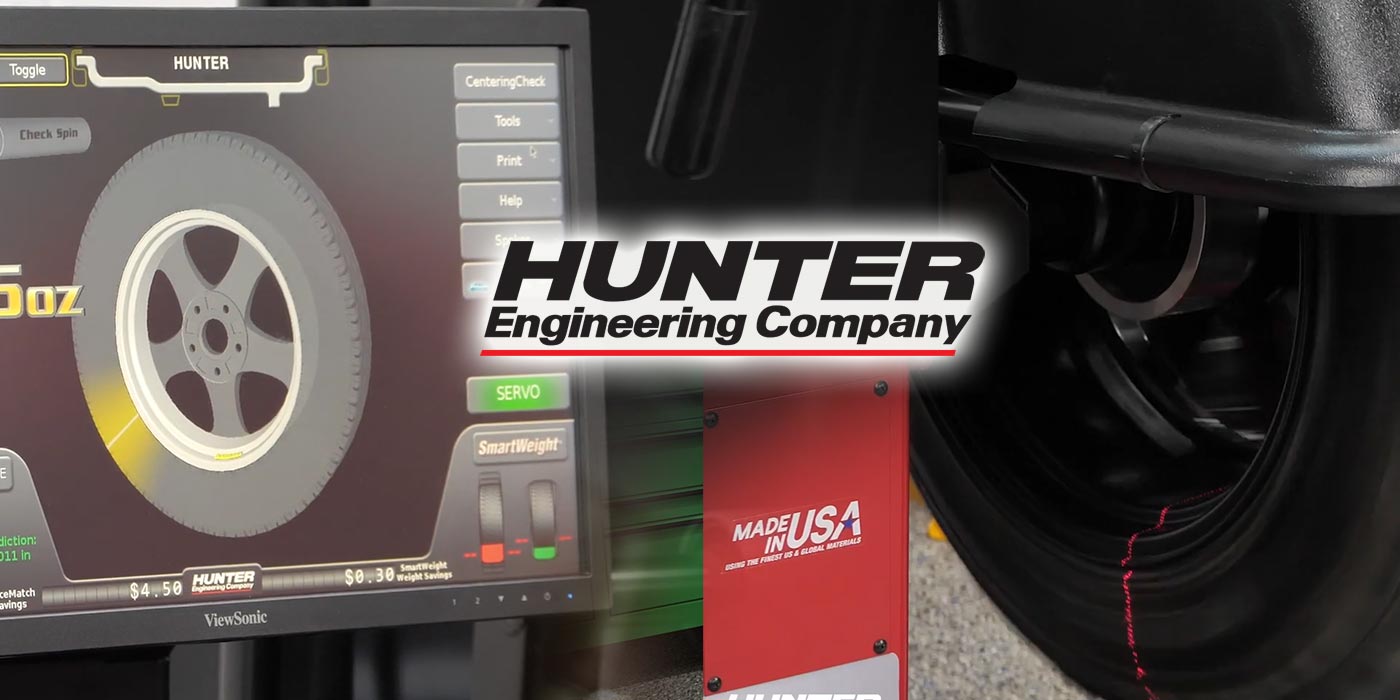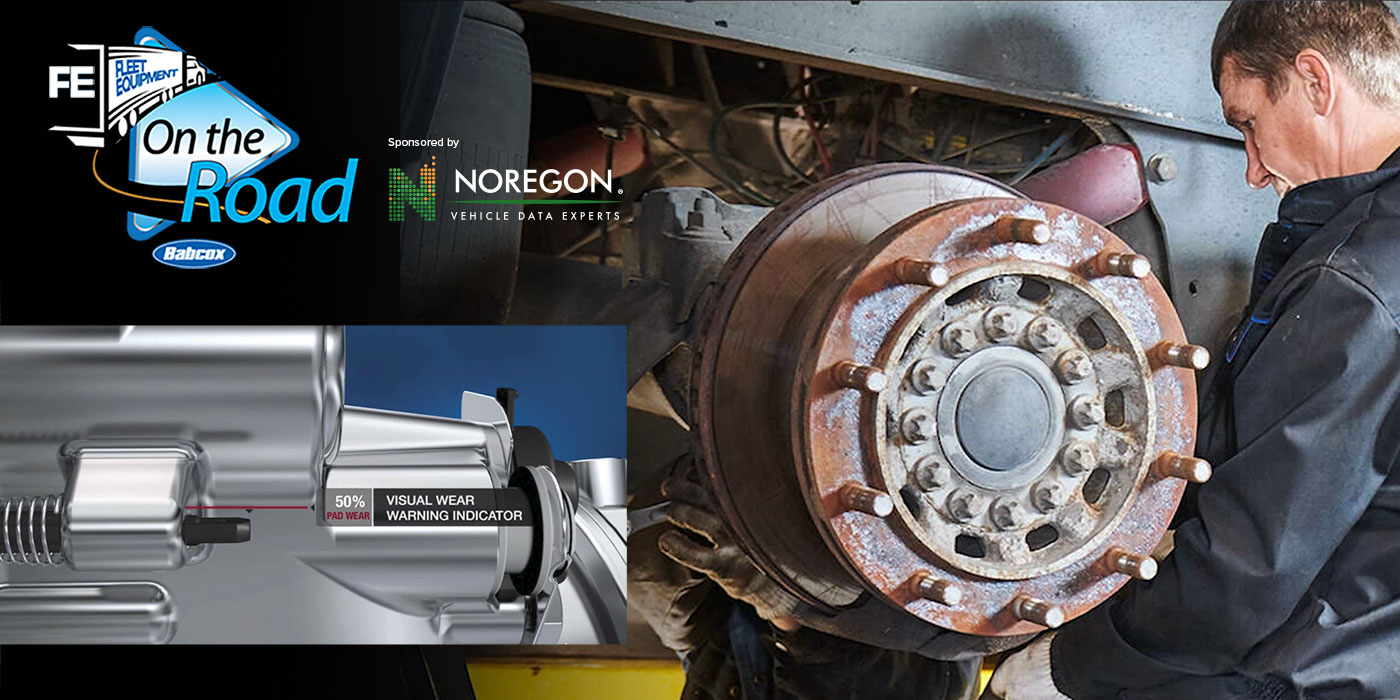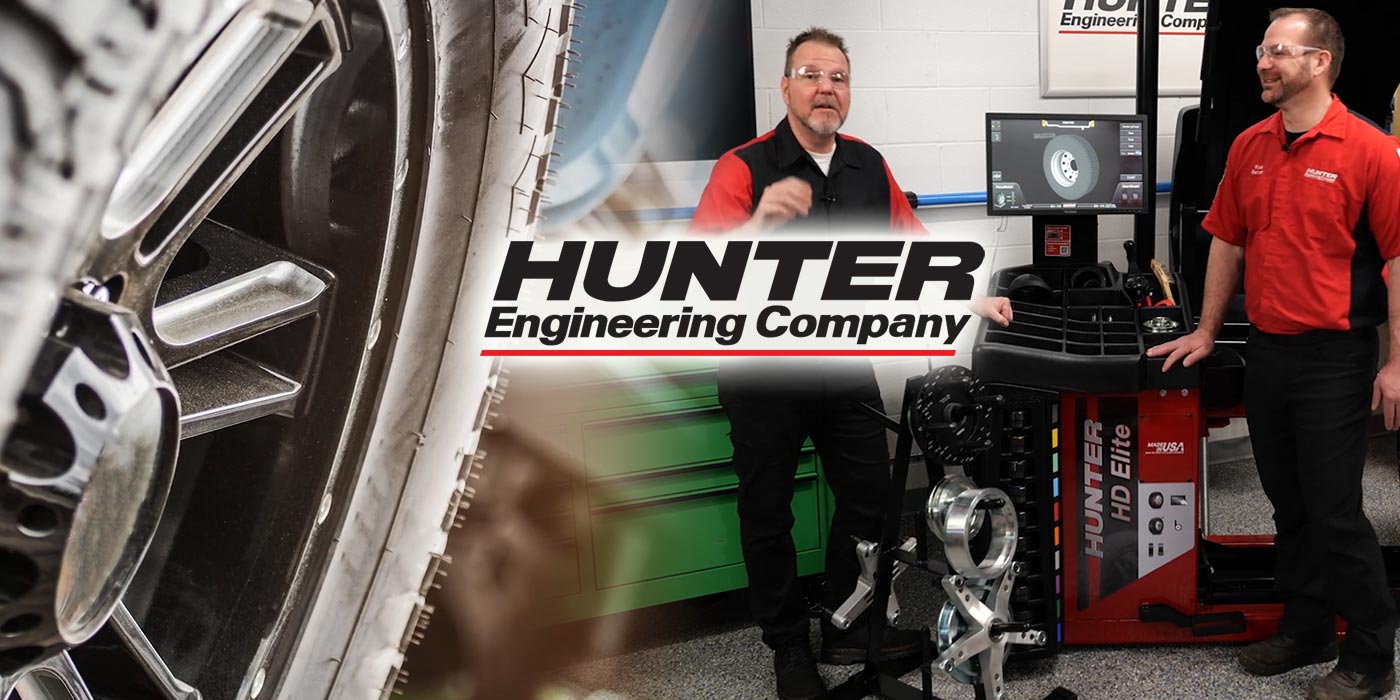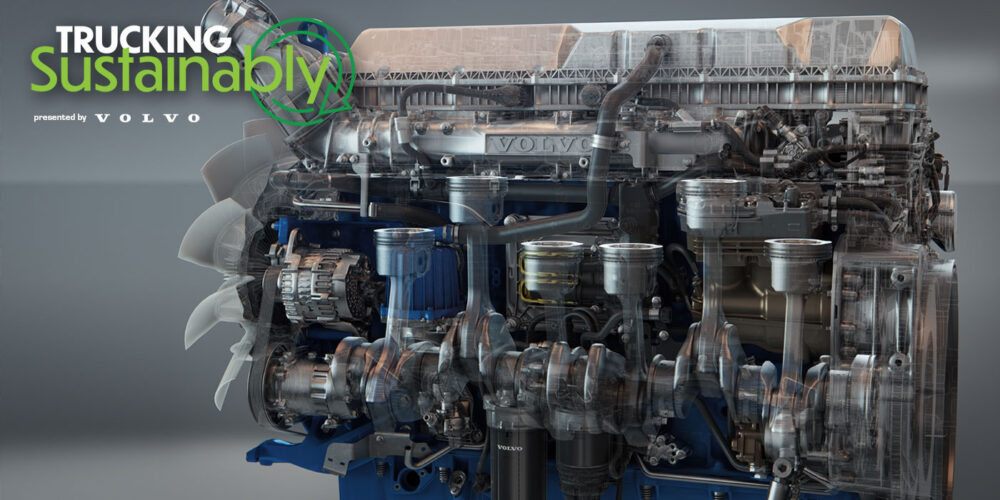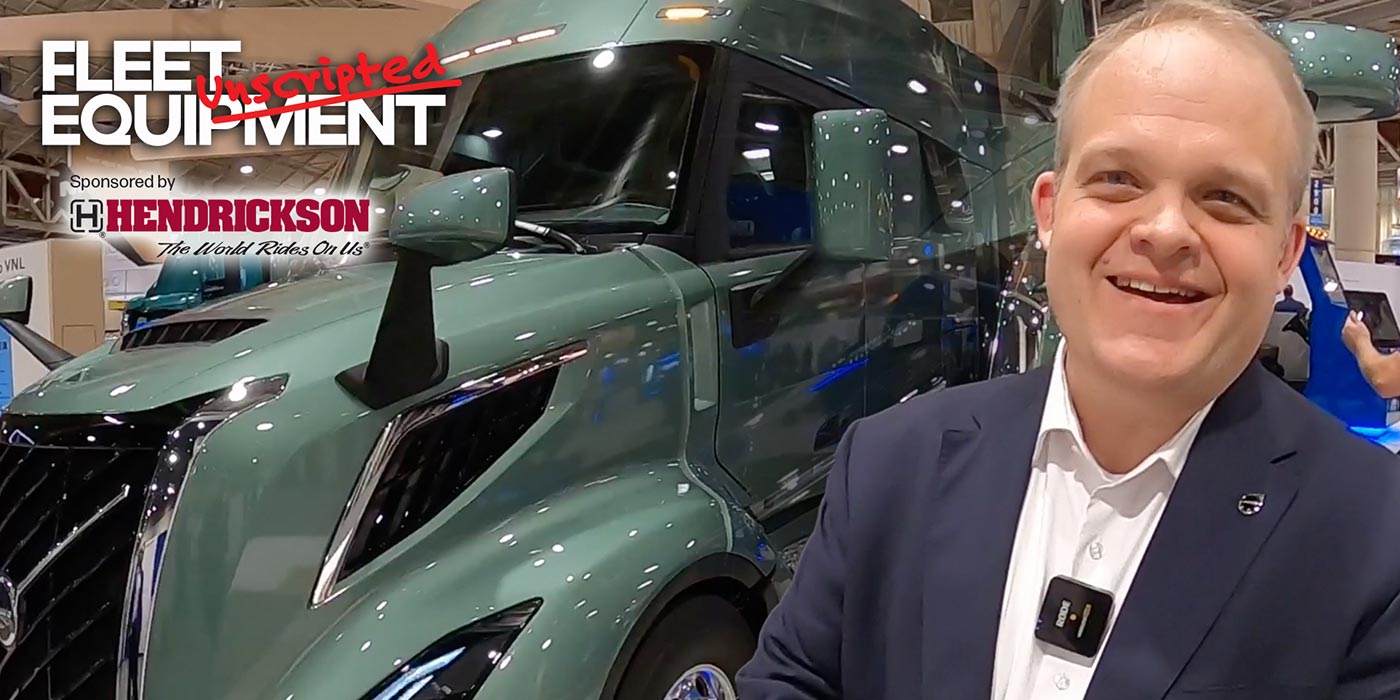The diesel particulate filter is the whipping boy of the heavy-duty truck aftertreatment system. It can be costly to replace as obvious culprit of fault codes … or maybe a little too obvious. The component can shoulder a lot of the aftertreatment service the blame, but did it really cause it? After all, it’s the last line of aftertreatment emissions defense. It’s there to capture the particles that weren’t burned up in the engine. So if you have particles clogging the DPF, causing fault codes and engine derate situations, you can replace the DPF all you want, but you won’t fix the problem.
So when you have an aftertreatment service issue, what do you do?
That was one of the topics of conversation when I connected with Leonard Oshman, director of business development, AP Emissions, which fields the Durafit DPF brand. We took to the stage at the Hino Trucks National Parts Conference to talk all things aftertreatment and DPF.
More conversations from the Hino stage
This is the second conversation I’ve highlighted from my time hosting podcasts with Hino. Here’s the first if you missed it:
No script? No plan? No problem. Welcome to Fleet Equipment Unscripted—the video interview series that connects you with the greatest minds in the heavy-duty trucking world.
Bookmark the Fleet Equipment Unscripted page to catch all of our Unscripted episodes, and subscribe to our newsletter by clicking here to have the latest news and in-depth trucking stories delivered straight to your inbox.
Fleet Equipment Unscripted is sponsored by Hendrickson.

